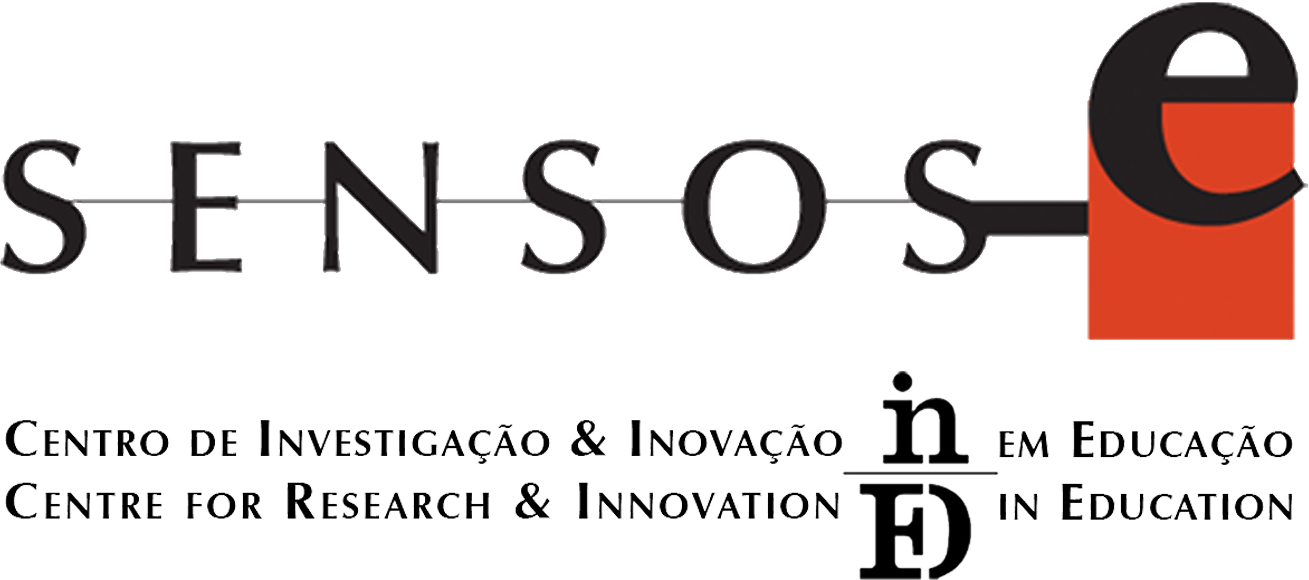Difficult and sensitive stories in the 1st Cycle of Basic Education in Portugal. Curriculum, classrooms and public spaces
DOI:
https://doi.org/10.34630/sensose.v9i1.4282Keywords:
Research project, History education, Heritage education, Sensitive pasts, Aljubarrota BattleAbstract
The events of the past, or of recent history of which there are memories that give rise to opposing historiographical and ideological positions have proved fundamental in History Education (Epstein y Peck, 2018; Gross y Terra, 2019). In Portugal, aspects such as the wars against the kingdom of Castile that led to the formation of the kingdom of Portugal, the Discoveries or the Salazar dictatorship, have also raised debates and confrontational memories (Alves & Ribeiro, 2013; Moreira & Armas, 2018; Rosas, 2007).
This article presents a PhD project in History and Heritage Education, integrated in a line of research on the teaching and learning of difficult and controversial stories of the History of Portugal, in the 1st cycle of basic education (CEB).
At the same time, it shows the potential of the Battle of Aljubarrota as a sensitive history, offering considerations based on a pilot questionnaire survey, to a sample of 4th grade students of the 1st cycle of basic education, about the representations they have about sensitive pasts and, in particular, about this historical event.
The results converge with what was expected in the research project, revealing that controversial histories can be a fundamental contribution to an education and historical consciousness guided by tolerance, reflection and criticality.
Downloads
Published
How to Cite
Issue
Section
License
Copyright (c) 2022 Ana Rita Férias, Xosé Armas Castro, Cristina Maia

This work is licensed under a Creative Commons Attribution-NonCommercial-ShareAlike 4.0 International License.



